|
The Internet is a great way to get current information on almost any topic, but how do you sort through all the information and find a reliable source? Here are a few tips to limit your searches that will do the sorting for you. This example gives you the results using the various methods in Google for “green bean rust”. Typing in green bean rust into a search engine resulted in about 1,120,000,000 results! I did this same experiment in 2012 with 8.5 million results, which is an indication of how much the Internet has exploded in just a decade. In trying to narrow it down – here are the results:
The Master Gardener program highly recommends obtaining your information from reliable sources. Preferred sources include academic institutions, government agencies, botanical gardens, and non-profit organizations. Tip from the Master Gardener Program
While it is better to use a preferred source for information, other sources often come up first when looking things up online. Don’t stop there! Use this as the first step in the process of finding information and searching for more preferred sources. You may learn terms or concepts that you can then apply in a new search with keywords that also use the word “university” or “.edu” to help bring up university sources of information.
0 Comments
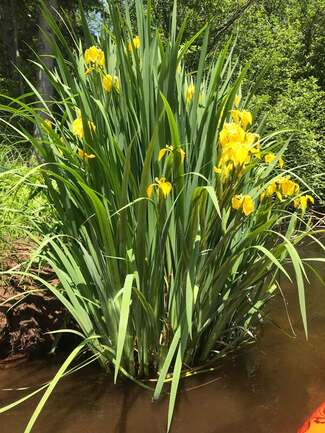 by Melinda Myers For many of us, winter is the start of the gardening season. We are busy browsing catalogs, reading garden articles, and looking for sources of new plants. As the planning process continues, the plant wish list keeps expanding. Once your list is complete and before placing any order online, be sure to check your list for any invasive plants that are prohibited or restricted in Wisconsin. According to the Invasive Species Rule NR40, prohibited plants are those that are not currently found or occur in isolated areas in the state. If introduced into the state, these plants are likely to cause significant economic or environmental harm or harm to human health. Restricted plants according to NR40 are already established in the state causing harm or have the potential to cause significant harm. The ability to spread and vigorous growth habit of the yellow flag Iris (Iris pseudacorus) make this invasive plant a threat to our waterways. Photo credit: photo courtesy of Zach Stewart
It was only after WWII that houseplants became mainstream in everyday homes. As people began to spend longer hours at the office, they wanted the comforts of home. Houseplants were developed to tolerate low light levels and some neglect.
Currently, houseplants are seeing surge in popularity. There are several reasons for this:
IMPROVE concentration: better at home and office, tasks were more accurate and of higher quality, offering stimulation to senses and mind IMPROVE HAPPINESS: reduce stress & anxiety, more optimism, resulting in being optimistic, more relaxed and happier IMPROVE compassion: increase empathy & concern, healthy relationships, wanting to help others, IMPROVE children in classroom: improve concentration, reduce agitation & stress, help minimize distractions IMPROVE seniors (in group settings) quality of life: reduce anxiety & stress, allow to care for something, remembering previous positive experiences FEWER sick days, Norwegian study, reduce sick time by 14%, less physical symptoms of illness INCREASE medical recovery: more quickly with less pain medication, a Dutch study of recovery from stressful situation noted quicker recovery due to parasympathetic nervous system kicked in. SCRUB the air clean: of toxins (formaldehyde) by bacteria growing on plant roots, also remove ozone & benzene (found in cleaning products & glue) KEEP dust down: particulates decreased by 20-percent, even if plants are located on the outer perimeter of a room PEOPLE respond to nature, based on experiences and learned habits. by Melinda Myers
Our lakes and waterways make Wisconsin a special place to live. If you are lucky enough to live on or near one of these bodies of water, it is easy to appreciate your role in protecting them. But even those living in spaces, large or small, away from them have an impact on our waterways’ health and beauty. Avoid aggressive and invasive plants whether gardening along a shoreline, managing a water feature, growing a rain garden, or tending a more traditional landscape space. Not only will you help the environment, but you will reduce your workload trying to manage plants that can take over the landscape and those that invade and damage our natural spaces. I LOVE Toads. I have always loved toads. My first memory of a toad encounter was as a toddler, I of course reached over to pick up this unique never before seen creature and it promptly peed on me. I giggled. My mother explained, as she gently put the toad back on the ground, when toads are scared they pee on the intruder as a mechanism to ward off the enemy. Keep in mind I was around 4 years old and I kept thinking about that all day – “How Cool IS that – PEE on someone that scares you!” Now, I knew enough even at that young age, that I should NOT DO that! BUT, the concept kept me delighted ALL day and for several days afterward.
I was introduced to starting seeds many winters ago by both my maternal grandfather and my mother. Several decades later, I can only remember one season that I did not start seeds, but the magic of the season still came upon me.
Starting seeds never grows old for me. Every time a seedling emerges above the soil surface I am filled with joy. I introduced the seed starting practice to my children which was met with not as much joy and sometimes frustration as the household was taken over by all the seedlings until it was safe to bring them outside. Frequently the baby plants had grown to young adulthood before they could be moved out – much to their chagrin. Now, to my surprise, all my adult children engage in plant propagation in some manner. I am looking forward with great anticipation to introduce my first granddaughter to this annual endeavor as soon as we can play in the dirt together. Hello Friends, I want to share a helpful book that a friend recently shared with me. Raising Butterflies in the Garden ~ author Brenda Dziedzic A little about Brenda Dziedzic. She is an award winning Master Gardener and an expert on the subject of raising butterfly and moth species. Her memberships include the Southeast Michigan Butterfly Association, Monarch Watch and the North American Butterfly Association. I appreciated all the tips she shares on how to attract butterflies to your backyard. And why it is important to plant both nectar and host plants. She also shares how to create your own butterfly nursery. Black Swallowtail have been visiting and living in our garden for the past two seasons. I was so happy to learn from Brenda, how to help our Black Swallowtail survive and flourish during the seasons by planting host plants and nectar plants. Brenda goes into detail with the following butterfly and moth families.. Swallowtails Whites and Sulphurs Blues Brushfoots Skippers Silk Moths Sphinx Moths Tussock Moths As the winter months are fast approaching and we soon will be looking at seed catalogs. We can start to plan our gardens around attracting our favorite butterflies. Some people may feel they need to have a large garden to attract butterfly. Hey, no worries, butterfly enjoy small gardens and container gardeners too. If you are a container gardener, Brenda gives tips for the container gardener on attracting butterfly. If you like butterflies, you will enjoy this book. Happy Butterflying! Author Carla TePaske ~ NCMGV 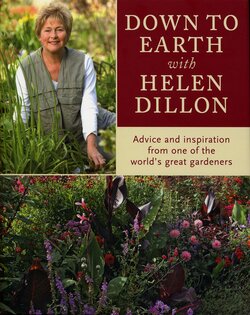 Book Review Down to Earth with Helen Dillion Advice and inspiration from one of the worlds great gardeners. I enjoyed the chapter Potting Shed. I think we all can relate. "Tranquillity. Even saying the word has a calming effect. To me, the key to serenity is my shed. It has a lovely feeling of peace, and the good thing is that nobody knows exactly what I'm doing there. In reality I am probably just standing still, gazing out of the window. But if footsteps approach I start banging pots about, hoping that whoever's coming along will think I'm too busy to be disturbed." "Since the last time the shed was tidied, things have built up. The problem is all the bits of wire, boxes, trays, screws, string, plant ties, blunt pencils, drying seedheads, nails rusty and shiny, bags paper and polythene, stakes with one end snapped off, paintbrushes solid with drying paint, bags of this and bottles of that - not enough to use but too good to throw away." I enjoyed Helen's wit and no-nonsense gardening advice. Enjoy! AuthorCarla TePaske
Here's our next installment of Kids in the Garden! Did you know that you can compost with worms? It's called Vermicomposting and Master Gardener Volunteer Cheryl is here to teach you how she cares for her super composting worms. Her worms take food waste and newspaper and turn it into a super nutritious amendment for her garden soil.
I recently read On Flowers by Amy Merrick. Amy Merrick is a rare and special kind of artist who uses flowers to help us see the familiar in a completely new way. Her gift is to revel in the unexpected—like a sunny spring arrangement housed in a paper coffee cup—and to overturn preconceptions, whether she’s transforming a bouquet of supermarket carnations into a breathtaking centerpiece or elevating wild and weedy blooms foraged from city sidewalks. She uses the beauty that is waiting to be discovered all around us—in leaves, branches, seedpods, a fallen blossom—to tell a story of time and place. Merrick begins On Flowers with a primer containing all her hard-won secrets on the art of flower arranging, from selecting materials to mastering pleasing proportions. Then she brings readers along on her journey, with observations on flowers in New York City and at her family’s summer home in rural New Hampshire, working on a flower farm off the coast of Washington State, and studying ikebana in a jewel-box flower shop in Kyoto. We learn how to send flowers like a florist, and how to arrange them like a farm girl. We discover the poignancy in humble wildflowers, and also celebrate the luxury of fragrant blousy blooms. Collected here is an anthology of floral inspiration, a love letter to nature by an exceptional, accidental florist. Amy shares bouquet ideas. She helps you pick out the perfect vessel to display your bouquet. She encourages you to get creative with what kind of plants and flowers to add to your bouquet. Amy is full of positive energy and this read will have you smiling. Take a break, sit in the garden, pour some ice tea and enjoy paging this delightful book. AuthorCarla TePaske |
|
| North Country MGV | gARDEN bLOGS |
Location |
|

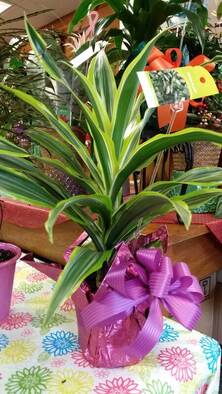
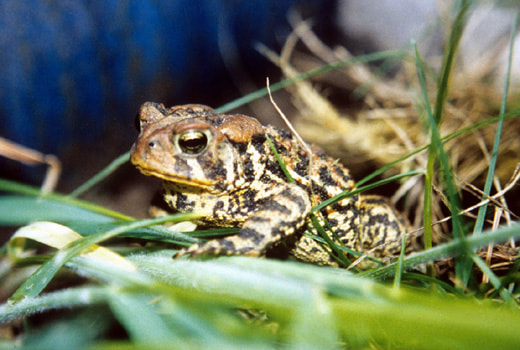
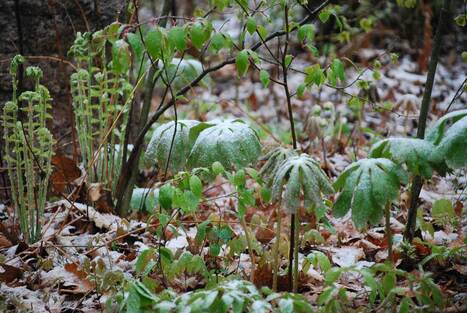
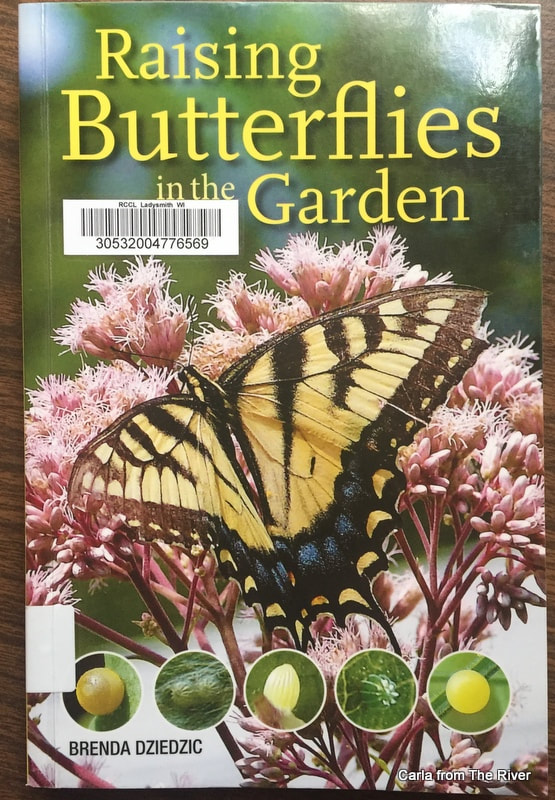
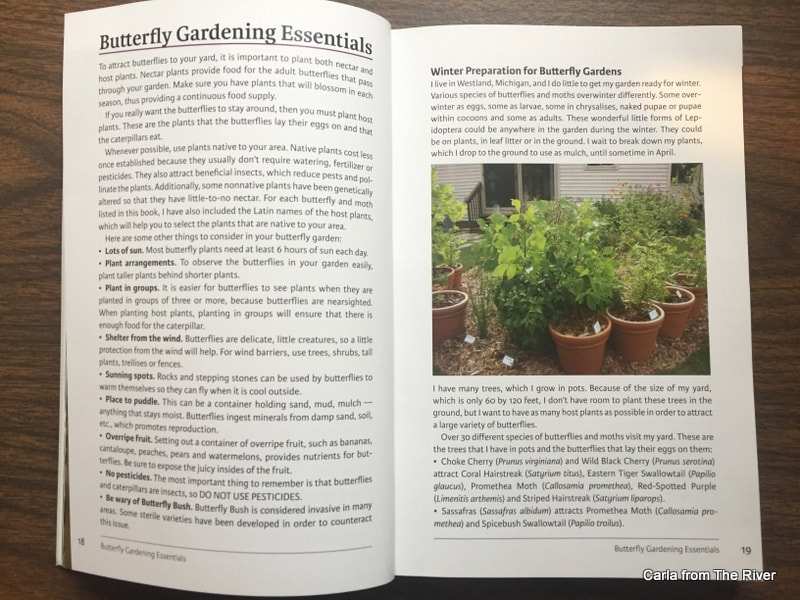
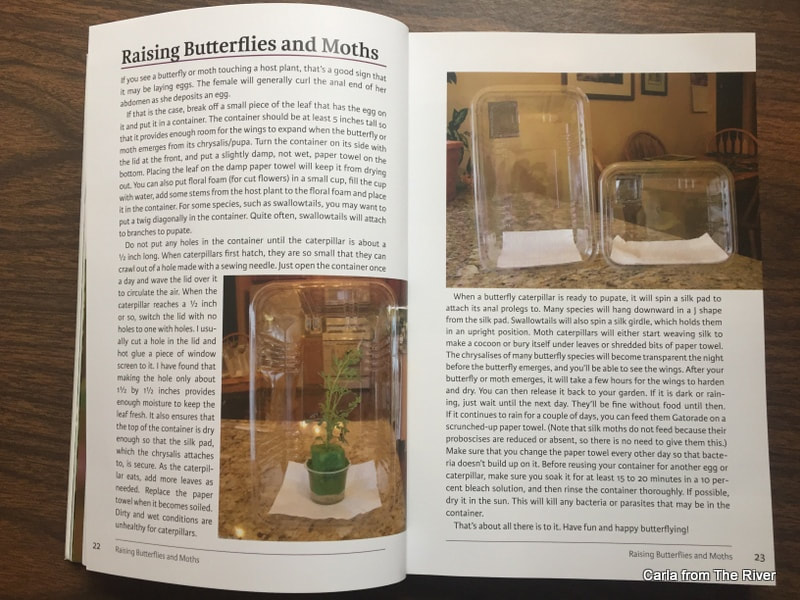
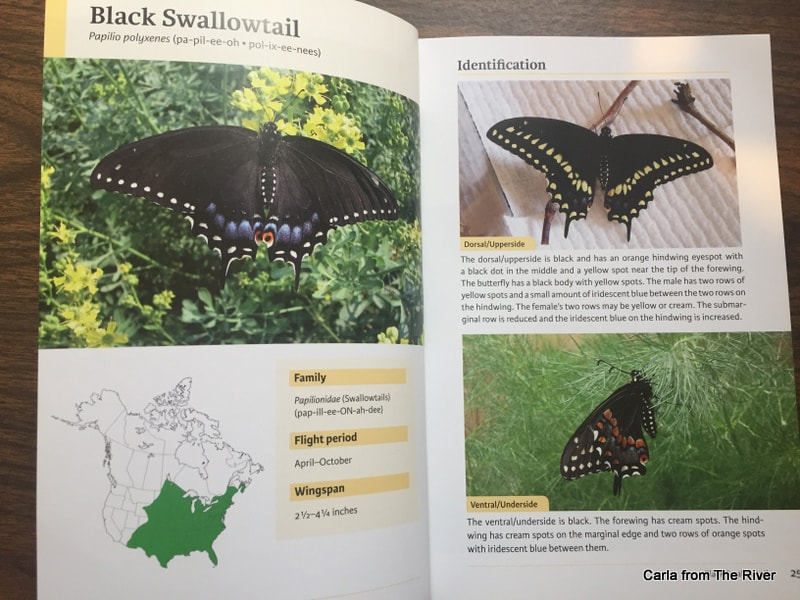
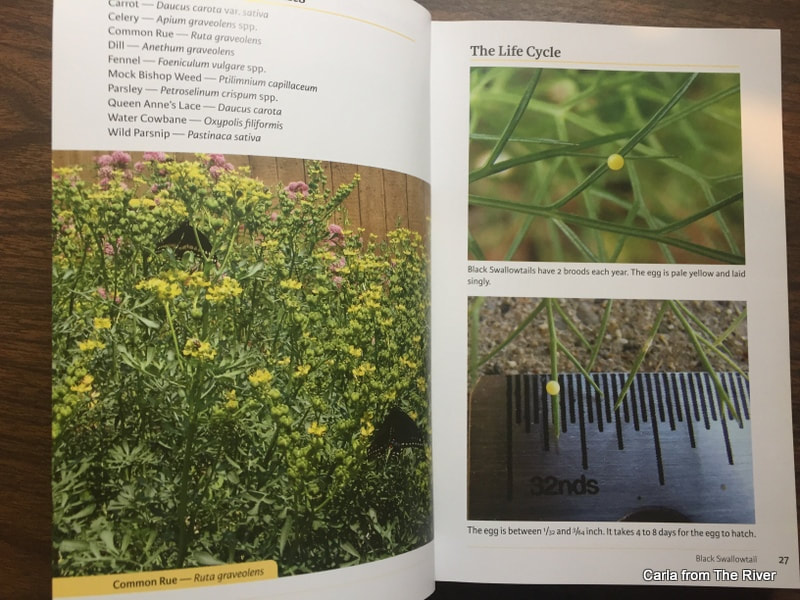
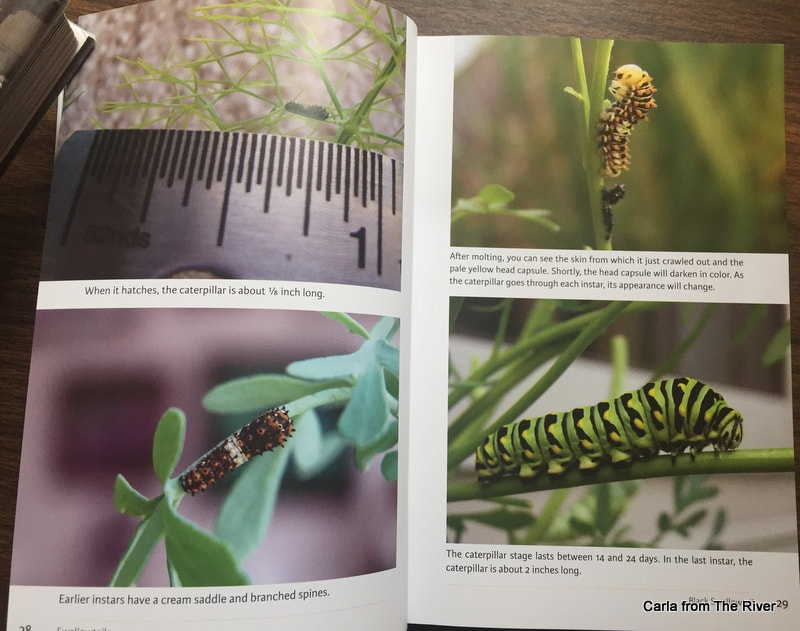
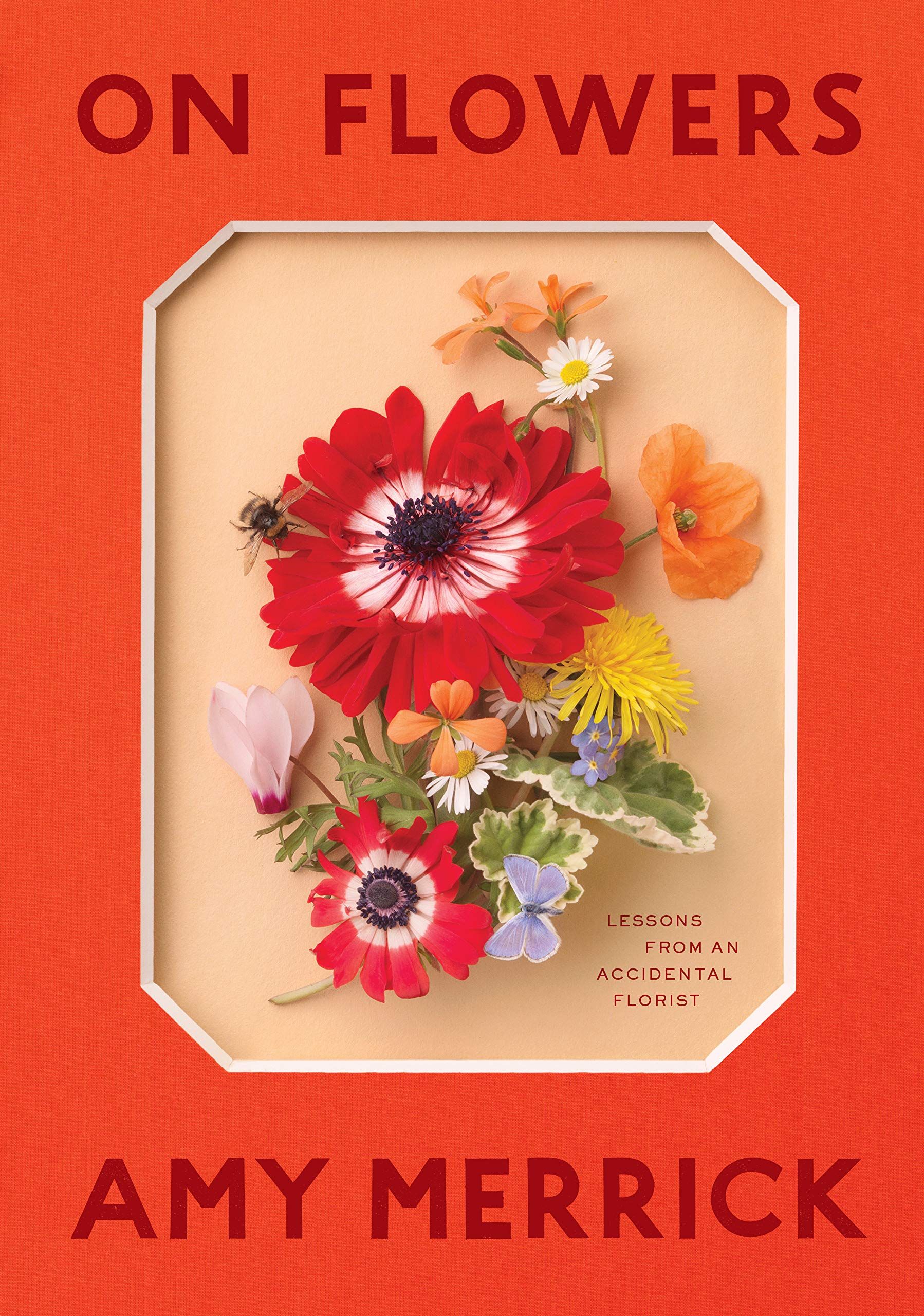
 RSS Feed
RSS Feed